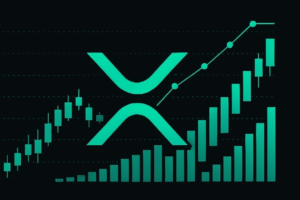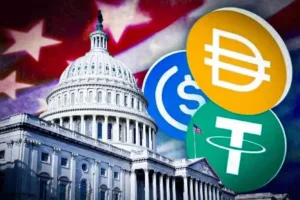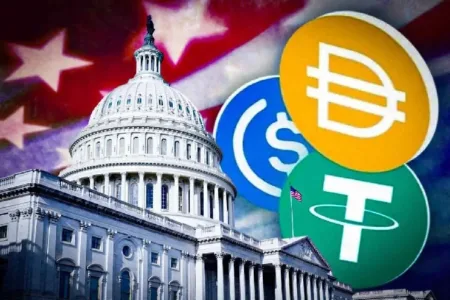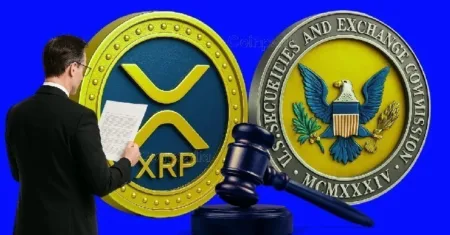Representatives from multiple universities met with the US Securities and Exchange Commission’s (SEC) Crypto Task Force on June 23 to discuss a staking rulebook.
The meeting included representatives from the University of California, Berkeley School of Law, Georgetown University Law Center, the University of Chicago Law School, and venture firm Placeholder.
According to the logs, the discussions focused on narrow definitions, economic guardrails, and open-source requirements when it comes to staking digital assets.
Mutual-funds approach
The delegation worked under the Blockchain and Law at Berkeley (BLAB) banner and requested that the SEC certify the term “staking” only for products that perform protocol-level validation and require pre-approval of any retail marketing that uses the label.
They compared the approach to the mutual-fund “80% names rule,” arguing that precise terminology would stop custodial yield programs from masquerading as core network staking.
Furthermore, the group proposed capping published yields at a protocol’s base reward rate and limiting intermediary fees to 5% of those rewards to curb aggressive advertising. However, providers could boost fees if they can justify higher charges with auditable cost data.
The BLAB also recommended standardized, on-interface disclosures of gross network yield, net customer payout, and slashing liability so that users see real-time risk and fee data inside wallets and explorers.
The meeting followed a May 29 staff bulletin in which the SEC’s Division of Corporation Finance said that self-staking, delegated staking, and most non-custodial services do not trigger securities registration requirements.
Industry participants view the exemption as a springboard rather than a finish line. Exchange-traded fund (ETF) advocates note that the Internal Revenue Service still must decide how grantor-trust structures can distribute staking rewards.
Transparency beyond exemption
Against that policy backdrop, the universities told SEC staff that disclosure alone cannot manage concentrated validator power or hidden rehypothecation loops in liquid-staking and restaking protocols.
They asked the agency to mandate public dashboards that display validator influence, uptime, censorship behavior, and jurisdictional exposure, as well as an open-source requirement for any client software that interacts with consensus.
The presenters further recommended licensing thresholds for entities that control a material share of network stake, mirroring bank-style oversight for dominant validators. They argued that the combination of slashing, live data, and licensing would “close the gap between on-chain enforcement and real-world accountability,” according to the meeting memo.
The SEC took the suggestions under advisement, leaving academic proponents and industry stakeholders to await further guidance on whether staking’s new regulatory safe harbor will expand into a codified framework.
Read the full article here









